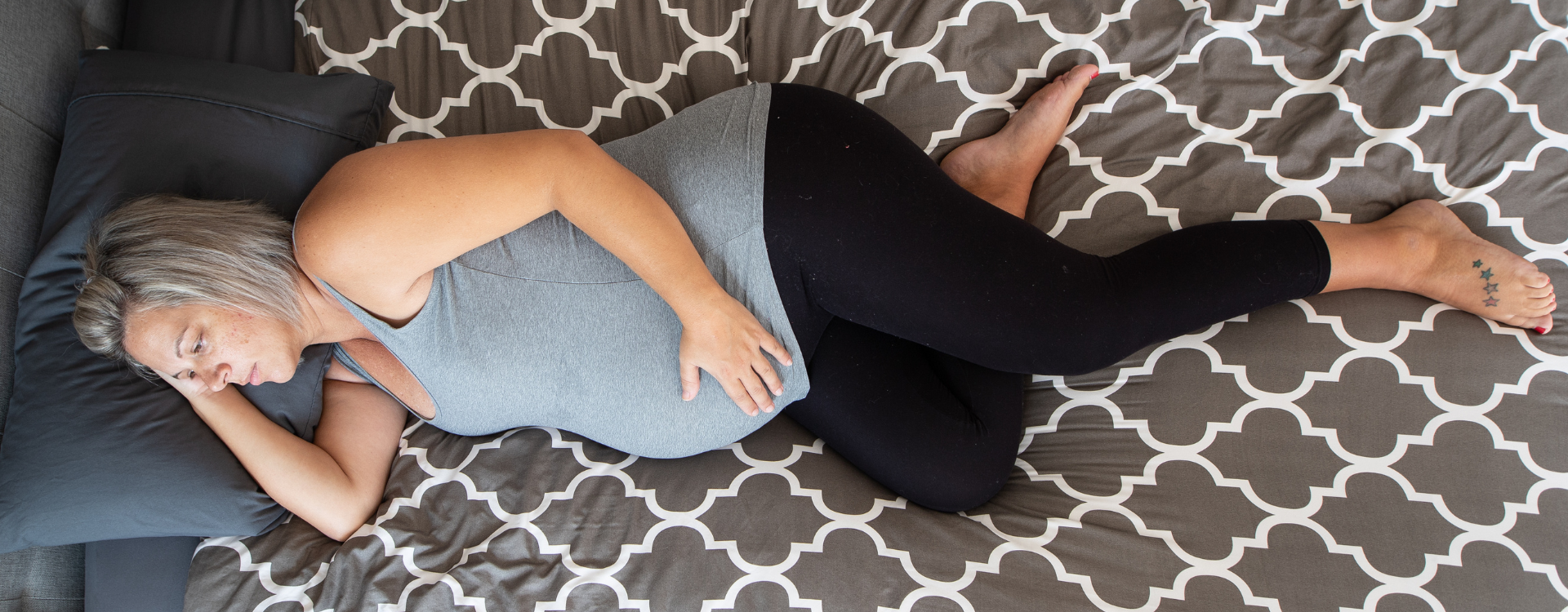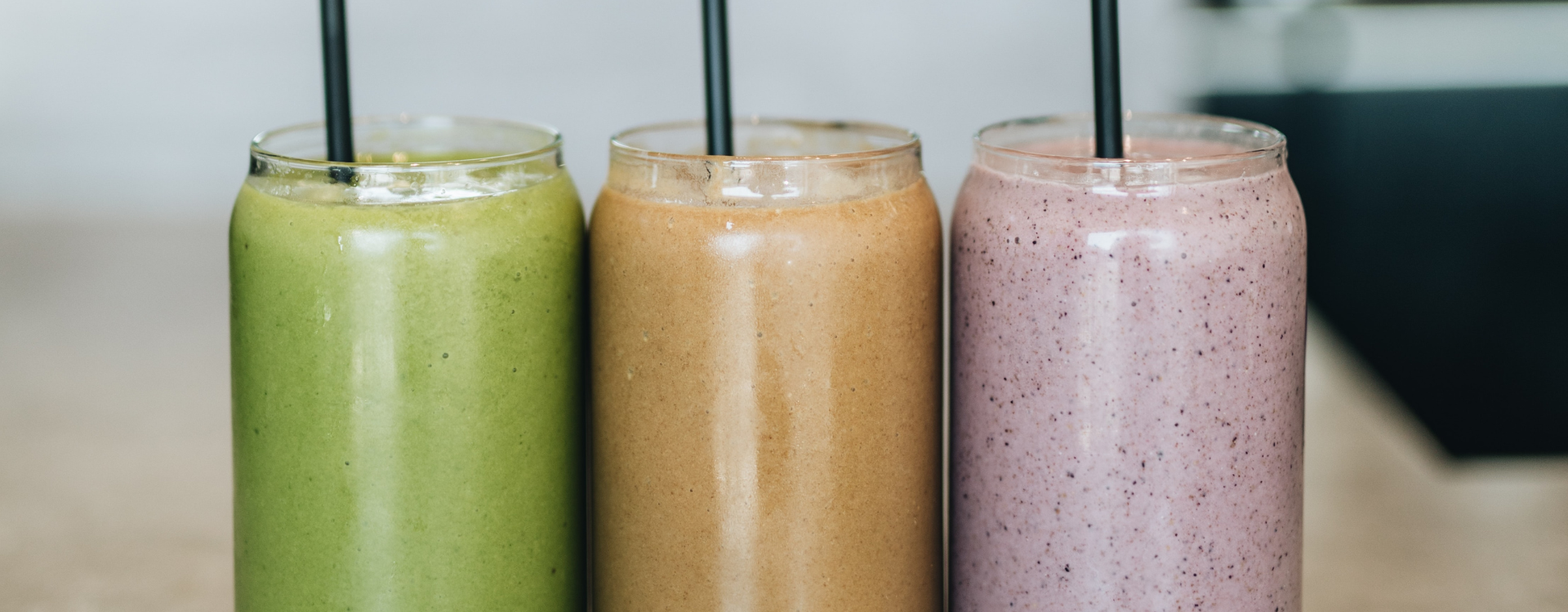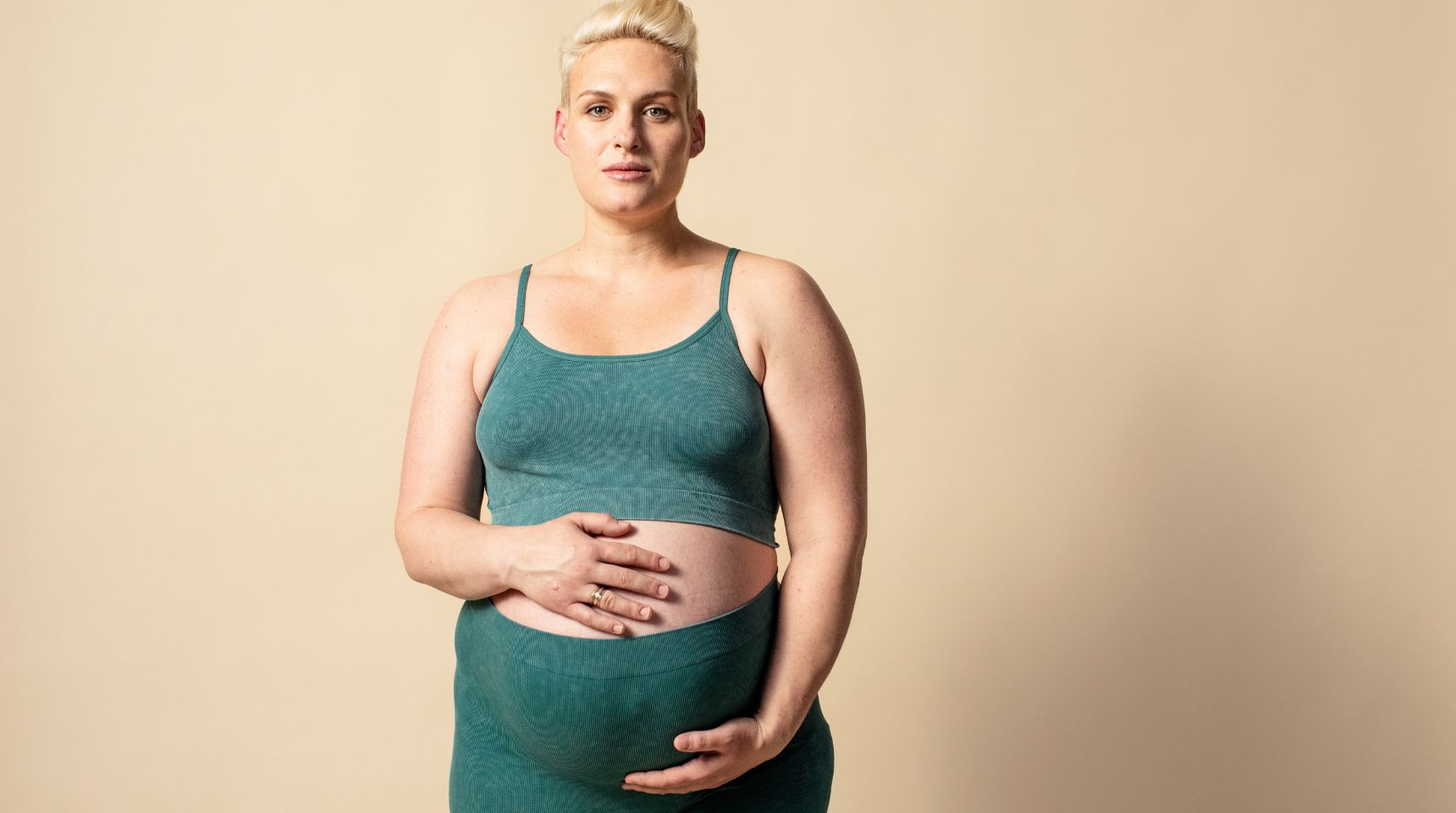“Oh, you’ll bounce back quickly.”
“You’ll be back to your old self in no time.”
If you’ve ever heard this about new motherhood, you might feel pressured to “get back to normal” ASAP once baby arrives. But what does normal even mean, after you’ve stepped into the role of “mama”?
Instead of “bouncing back,” think of your postpartum recovery as adjusting to a new normal—not unlike pregnancy itself, actually. Put another way: It took nine months (give or take) to bring this baby into the world. So you should give yourself at least another nine months to recover and feel like yourself again.
While the first six weeks present the most intense changes, some aspects of postpartum recovery can indeed take months.
Here’s a head-to-toe rundown of what you can expect as you gradually heal from pregnancy, labor, and childbirth.
Your period
When will your period come back? This largely comes down to whether you’re breastfeeding. If you’re not breastfeeding, your first postpartum period will arrive in about six to eight weeks. If you breastfeed, you may not menstruate for months, possibly not until baby is weaned. “You might find that your first few periods after birth are irregular—that is, longer or shorter, with heavier or lighter bleeding than before,” explains Dr. Nicole Calloway Rankins, a board-certified ob/gyn
To be clear: You can still get pregnant during this time, even if you’re breastfeeding, and even before that first period comes. When you’re ready to have sex again, talk with your ob-gyn about the birth control method that’s right for you. If another baby is in your family’s plan, , most experts recommend waiting at least 18 months between pregnancies, to give your body enough time to heal.
Your fitness level
Exercise has so many benefits, especially for new mamas. It can help you relieve stress, sleep better, reach a healthy weight, and more. How soon you can exercise will depend on whether you had a vaginal birth or a c-section. Once you feel ready and your ob-gyn has given you the thumbs-up, aim to be active for 20 to 30 minutes a day. Work your way up to exercising at a higher intensity and for longer periods of time. The best type of exercise is one that you enjoy and will stick with. Walking is a great place to start, because you can take baby with you in the stroller!
Your weight
You spent months stepping on the scale for your prenatal checkups, watching the number climb. So it’s understandable that many women are eager for postpartum weight loss. But know that this, too, takes time. “Resist the urge to lose too much weight too quickly, which could reduce your breastmilk supply,” says Dr. Rankins. “Focus on making healthy lifestyle choices, which will give you the energy you need to keep up with your little one.”
Your hair
For many women, lustrous hair is a welcome part of pregnancy. This too can be chalked up to hormones—you shed less hair when you’re pregnant, which makes it feel and appear fuller. But the reverse can happen after baby comes. You may notice more hair coming out when you shower or brush it. Rest assured, postpartum hair loss is normal and should subside after about six months.
Your skin
Those stretch marks that appear on your tummy, hips, boobs, and thighs? They won’t disappear entirely, but they will fade with time. If your stretch marks itch in the meantime, applying lotion can help provide relief.
Your “bodily functions”
Will going to the bathroom ever be the same again? You may feel the need to pee more often, or you may leak urine when you laugh, cough, or sneeze. This is called urinary incontinence, and it should get better as your pelvic floor muscles regain their strength. If it doesn’t, you may want to consult with a physical therapist who specializes in treating postpartum issues.
Your moods
Having a baby changes everything: your schedule, your relationship with your partner, your finances, and more. It takes time to adjust to your new role as a parent, and it is normal to feel overwhelmed and stressed. Talk about how you’re feeling and find support wherever you can. And seek help if your “baby blues” last for more than two weeks or interfere with your daily life. That could be a sign of a more serious mental health condition.
Long-Term Support for Mamas
Really, if anything bothers you or doesn’t seem right, reach out to your ob-gyn or another member of your health care team. They are your partners in this journey to motherhood, and that includes the postpartum period.
“Your doctor wants to know how you’re doing, wants to answer your questions,” Dr. Rankins assures. “We are here to help you stay healthy, physically and emotionally, as you recover and adjust to your ‘new normal.’”
Postpartum recovery takes time. Try to embrace your new identity as mom, including your amazing, capable body. Motherhood will forever change you—and that’s a beautiful thing!
All content found on the Lansinoh.com website, including: text, images, audio, or other formats were created for informational purposes only. The content is not intended to be a substitute for professional medical advice, diagnosis, or treatment. Always seek the advice of your physician or other qualified health provider with any questions you may have regarding a medical condition. Never disregard professional medical advice or delay in seeking it because of something you have read on this website.









